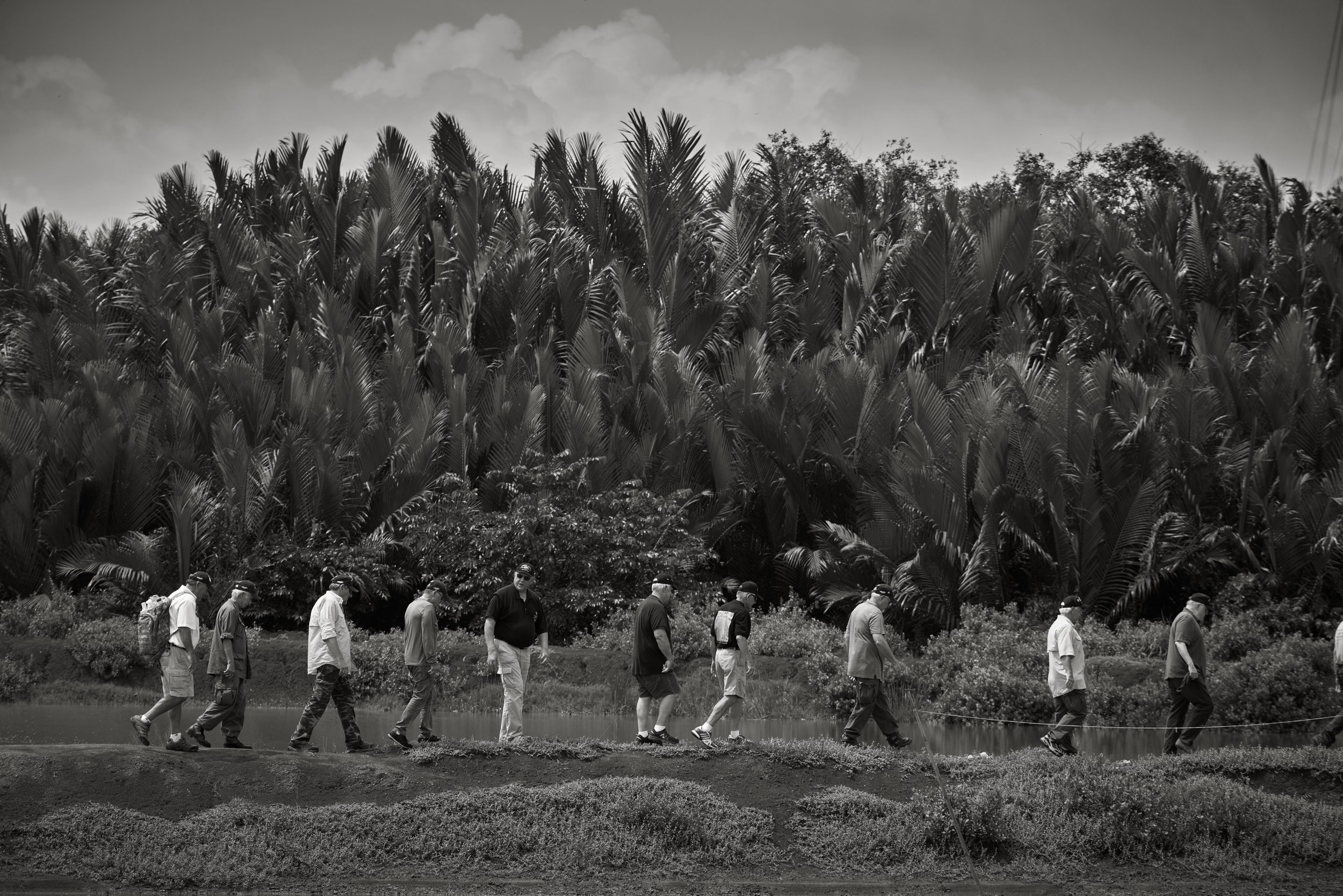
Ghosts of War
The ghosts of war belong to us all. Together—veterans, families, and global citizens—we can honor the fallen, restore dignity to the living, and transform scars of conflict into pathways of healing.
The 12th Man
In every squad, there was always one more—the 12th Man—who carried not only his own weight but the spirit of his brothers beside him. Today, that spirit lives on through our program. Veterans return together, not to fight, but to heal. Side by side, they walk old battlefields, preserve the memory of those who never came home, and find strength in shared stories and the enduring bonds of brotherhood.
The Tradition
As veterans return to once-familiar terrain, they encounter a landscape both breathtaking and deeply symbolic. From lush hillsides to bustling city streets and quiet country roads, these places stir powerful memories—reminders of sacrifice, service, and survival. The journey is more than a physical homecoming; it is a personal reckoning with the past. In these spaces, veterans confront the enduring psychological and emotional toll of war, honoring what was lost while making peace with what remains. Their reflections reveal the profound and lasting imprint of military service—not only on their own lives, but on their communities and on generations shaped by the legacy of conflict.

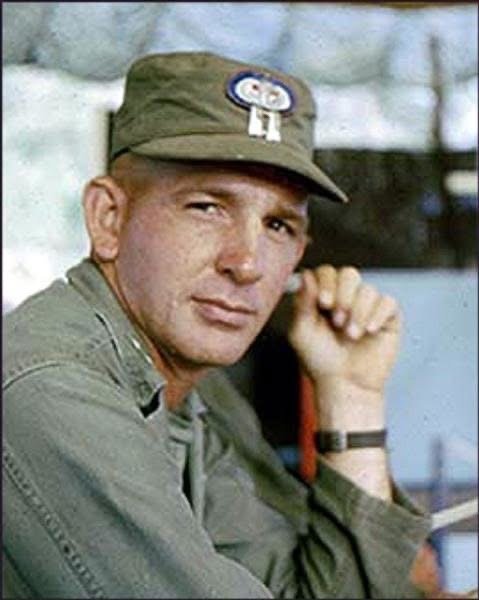
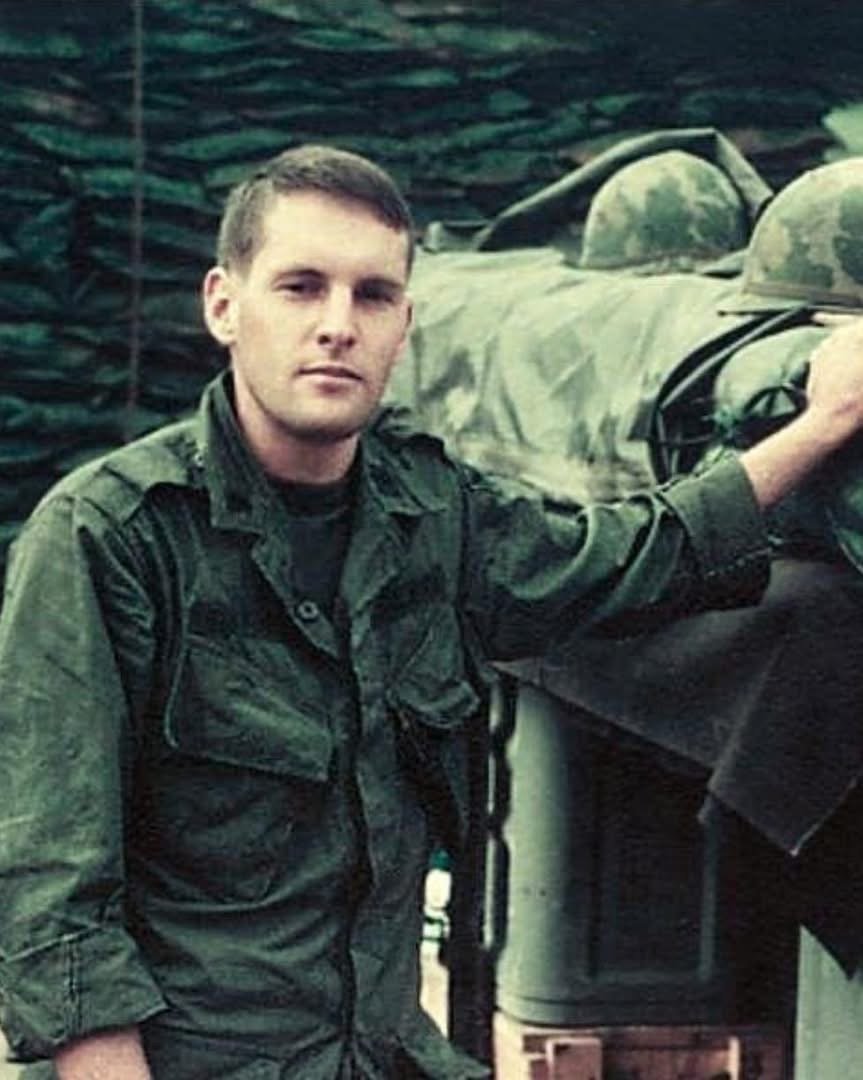


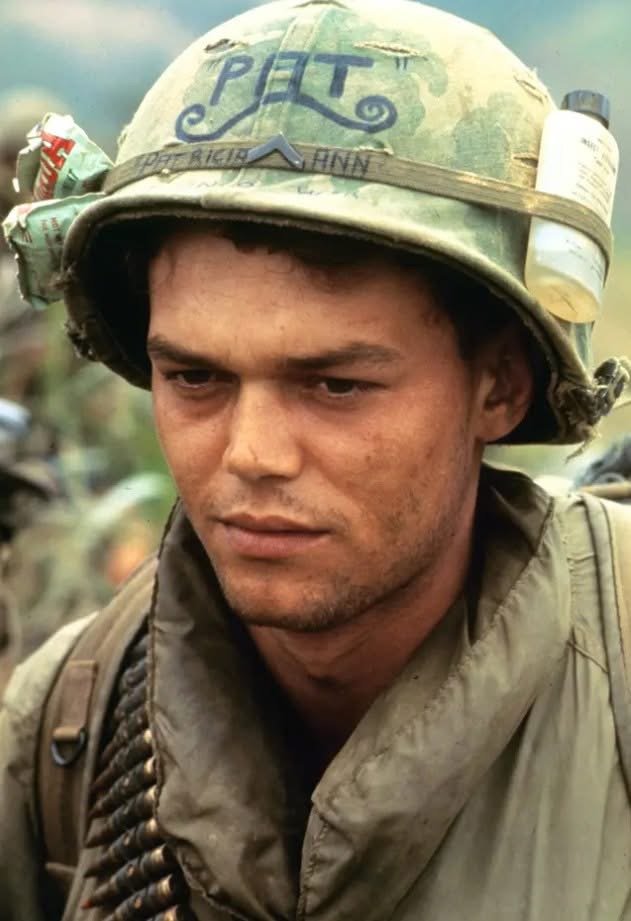



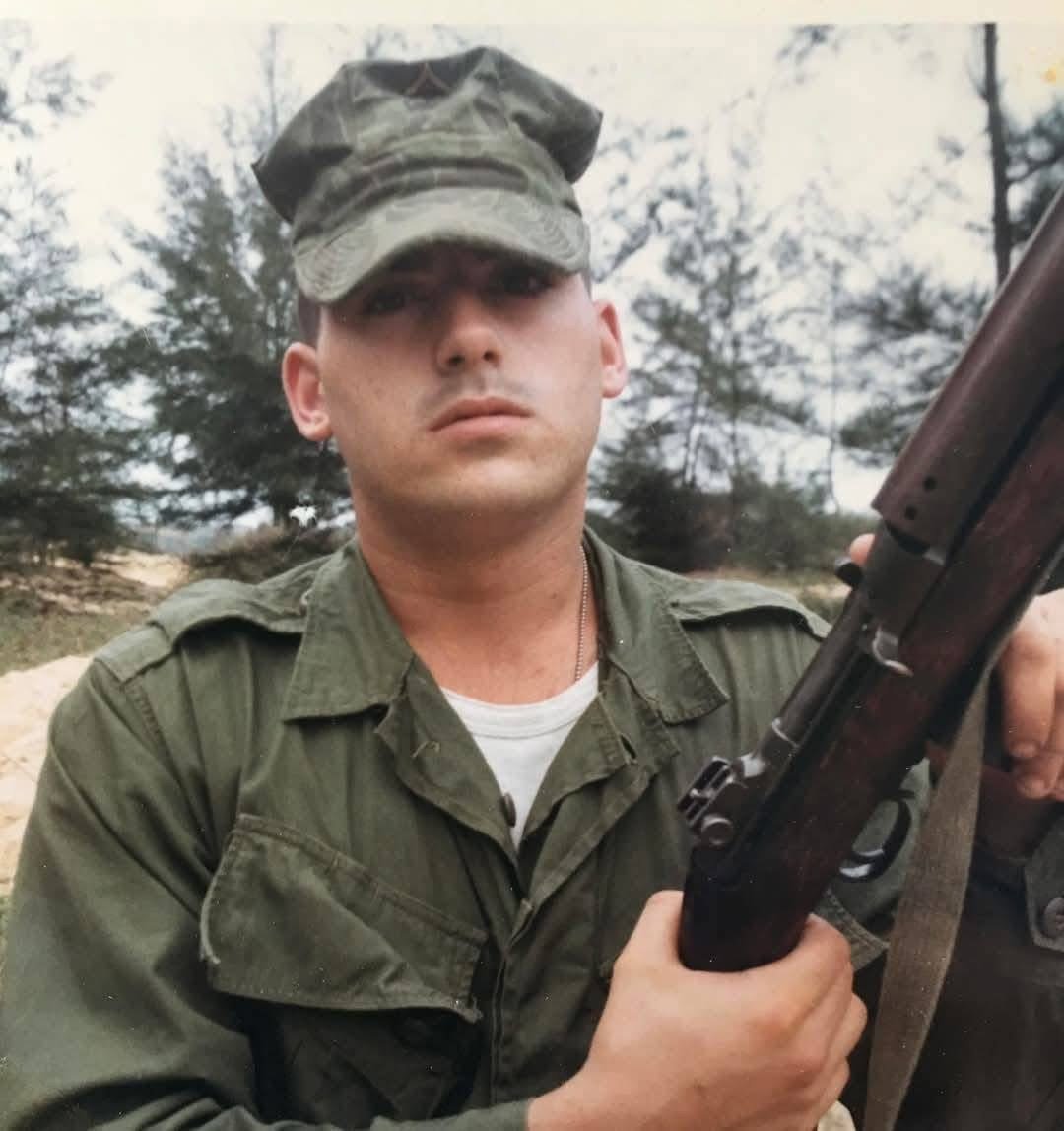






Why It Matters
War does not end when the guns fall silent. Its echoes linger in minds, in families, and in communities. By offering veterans a safe, guided return, The 12th Man program breaks cycles of isolation and opens pathways to renewed purpose. Participants leave not only with lighter burdens but also with a deeper sense of connection—to themselves, to their brothers and sisters in arms, and to a world that still needs their strength.


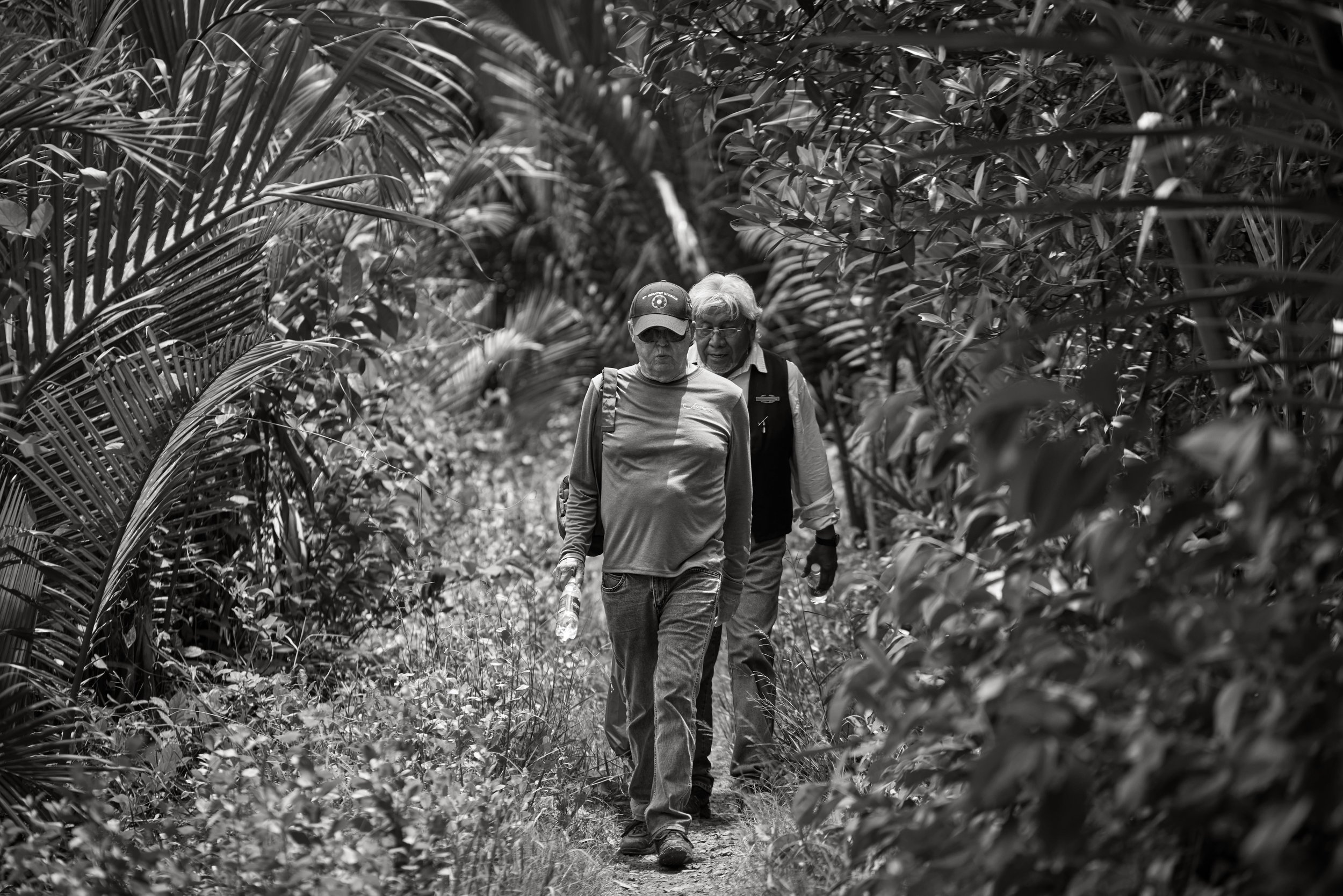
“When you serve in combat together, you forge a bond that can never be broken. Even years later, I still feel that connection with my brothers from Vietnam.”
— Max MORGAN, Seal Team 1 (1968)
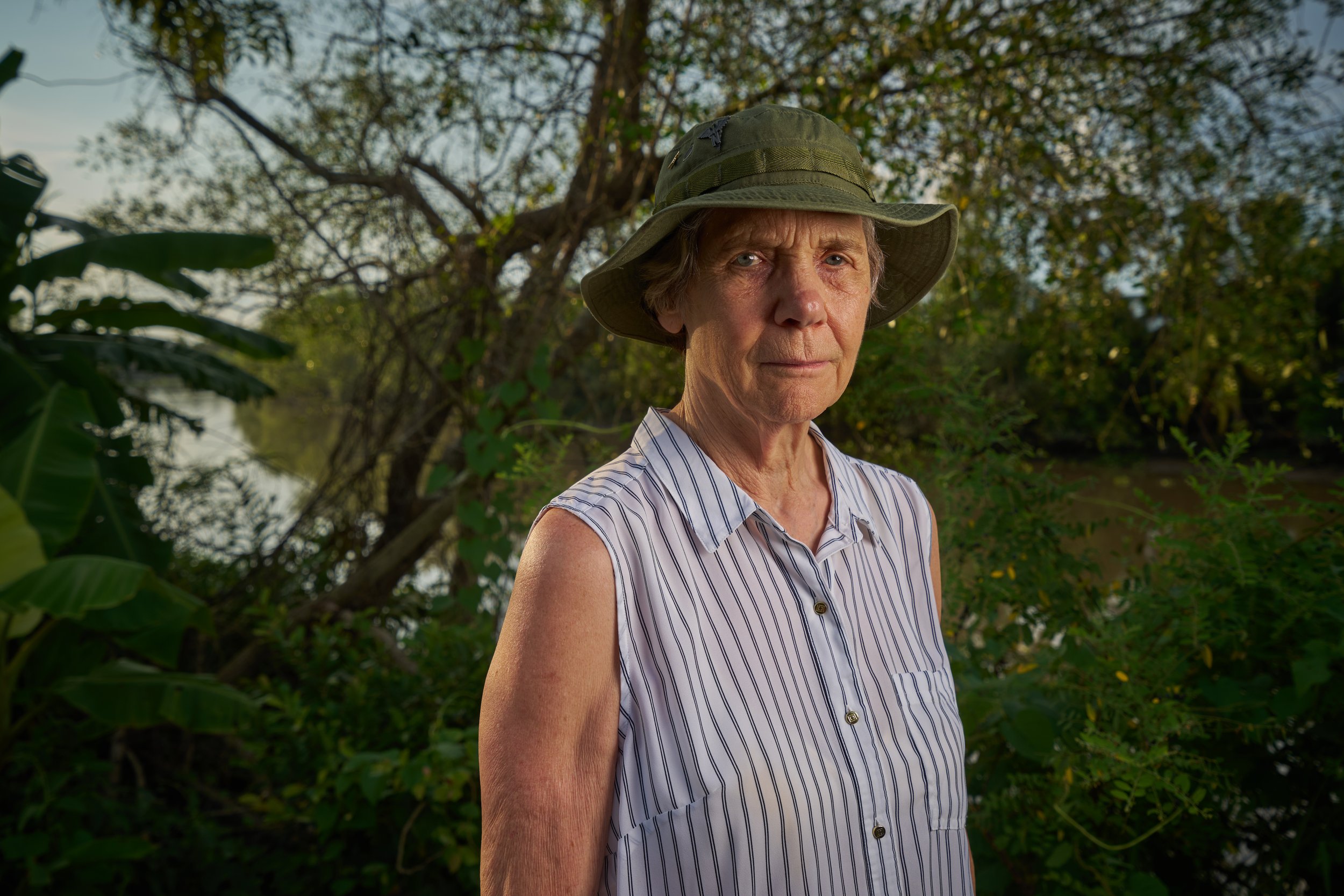
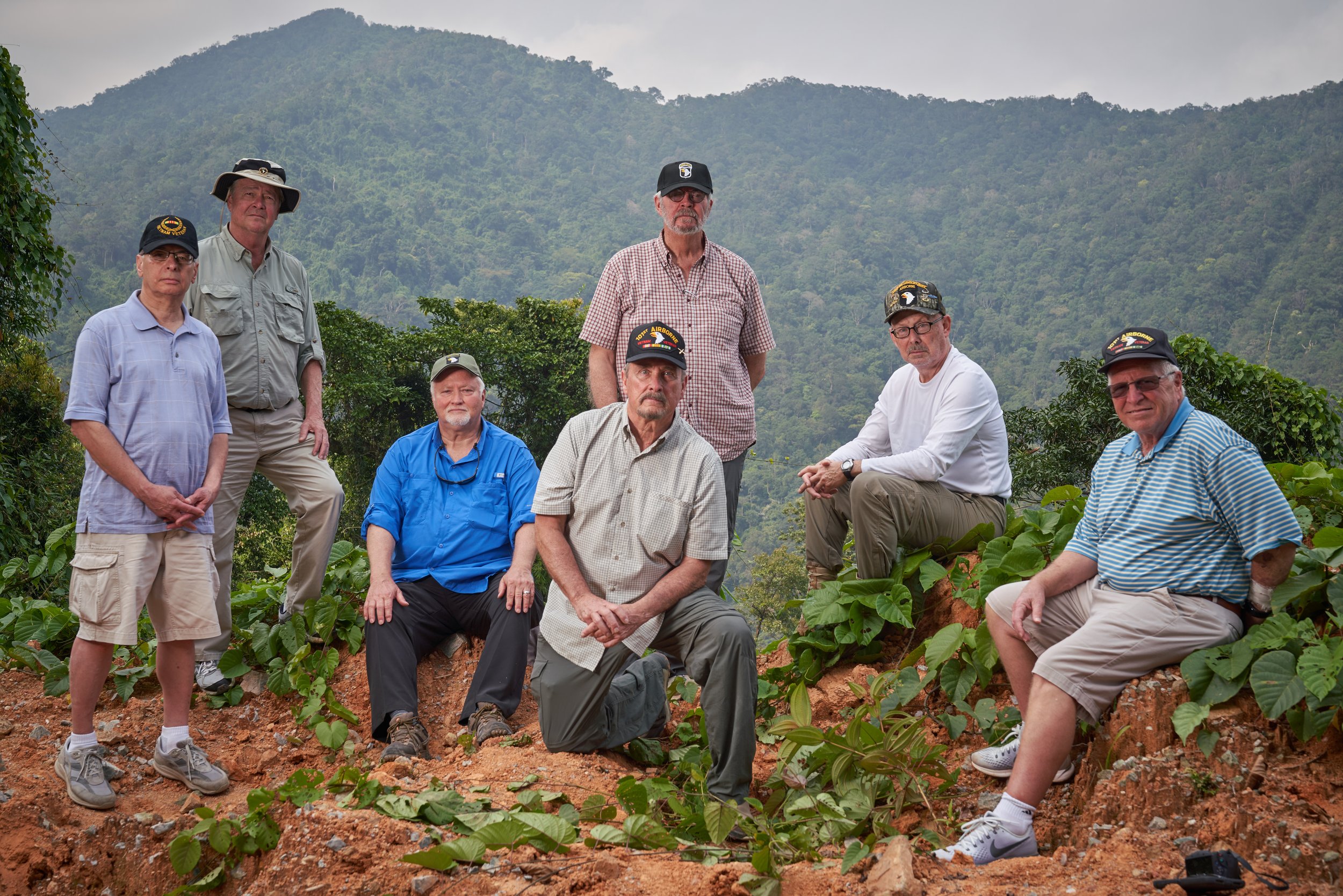
“Being a woman in a predominantly male environment was tough, but the support and camaraderie I found among my fellow soldiers made all the difference. We were a family.”
— Dr. Elaine NIGGEMANN, Combat Nurse (1968)


